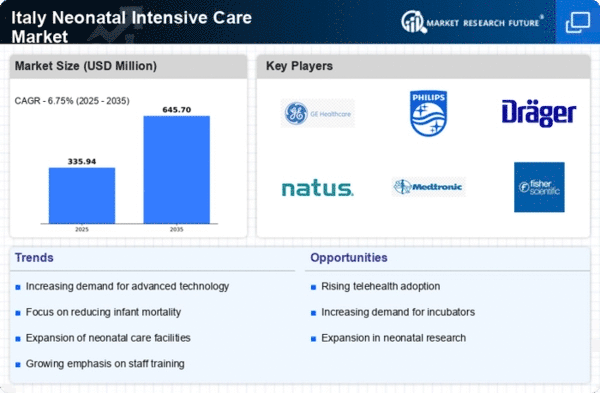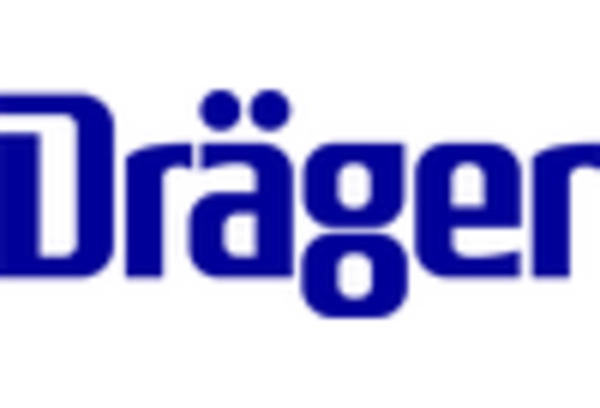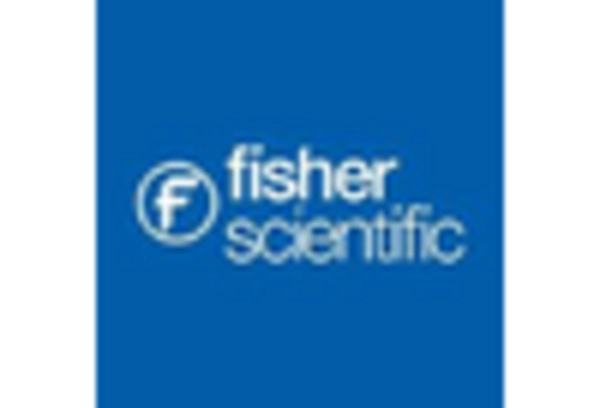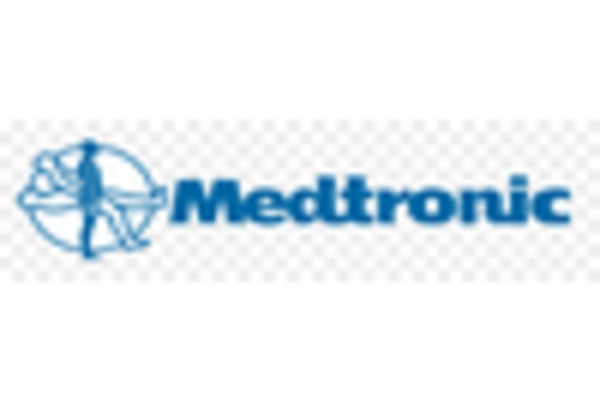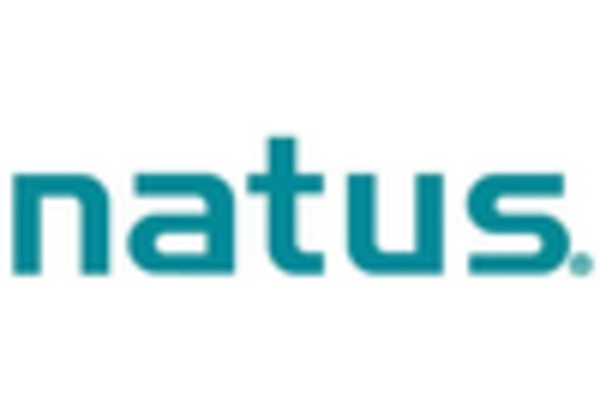Increased Healthcare Expenditure
Italy's rising healthcare expenditure is a pivotal factor propelling the neonatal intensive-care market. The government has allocated a significant portion of its budget to enhance healthcare services, with a focus on maternal and child health. In recent years, healthcare spending has increased by approximately 4% annually, reflecting a commitment to improving neonatal care. This financial support enables hospitals to upgrade their facilities and invest in training healthcare professionals, thereby enhancing the quality of care for neonates. As a result, the neonatal intensive-care market is expected to expand, driven by the availability of better resources and improved healthcare infrastructure.
Advancements in Medical Technology
Innovations in medical technology are significantly influencing the neonatal intensive-care market. The introduction of advanced monitoring systems, incubators, and respiratory support devices enhances the quality of care provided to neonates. For instance, the integration of telemedicine solutions allows for remote monitoring and consultation, which is particularly beneficial in rural areas of Italy. Furthermore, the market is witnessing a shift towards more sophisticated equipment that can provide real-time data analytics, improving clinical decision-making. As hospitals invest in these technologies, the neonatal intensive-care market is likely to experience substantial growth, driven by the need for improved patient outcomes and operational efficiency.
Growing Awareness of Neonatal Health
There is a burgeoning awareness of neonatal health issues among the Italian population, which is influencing the neonatal intensive-care market. Public health campaigns and educational initiatives have highlighted the importance of early intervention and specialized care for newborns. This increased awareness is likely to lead to higher demand for neonatal services, as parents become more informed about the risks associated with premature births and other neonatal conditions. Consequently, healthcare providers are expected to respond by enhancing their neonatal care offerings, thereby driving growth in the neonatal intensive-care market. This trend suggests a shift towards proactive healthcare measures aimed at improving neonatal outcomes.
Regulatory Support for Neonatal Care
Regulatory frameworks in Italy are increasingly supportive of advancements in neonatal care, which is a significant driver for the neonatal intensive-care market. The government has implemented policies aimed at improving healthcare standards and ensuring that neonatal units meet specific quality benchmarks. These regulations encourage hospitals to invest in state-of-the-art facilities and training programs for healthcare professionals. As compliance with these standards becomes essential, the neonatal intensive-care market is likely to benefit from increased investments in infrastructure and technology. This regulatory support not only enhances the quality of care but also fosters a competitive environment among healthcare providers.
Rising Prevalence of Premature Births
The increasing incidence of premature births in Italy is a critical driver for the neonatal intensive-care market. Recent statistics indicate that approximately 6.5% of all live births in Italy are preterm, necessitating specialized care. This trend is likely to escalate demand for neonatal intensive-care units (NICUs) equipped with advanced technology and skilled personnel. As healthcare providers strive to improve outcomes for these vulnerable infants, investments in neonatal care facilities are expected to rise. The neonatal intensive-care market is thus positioned for growth, as hospitals expand their capabilities to accommodate the needs of premature infants. This situation underscores the importance of specialized care in reducing mortality rates and improving long-term health outcomes for preterm infants.


